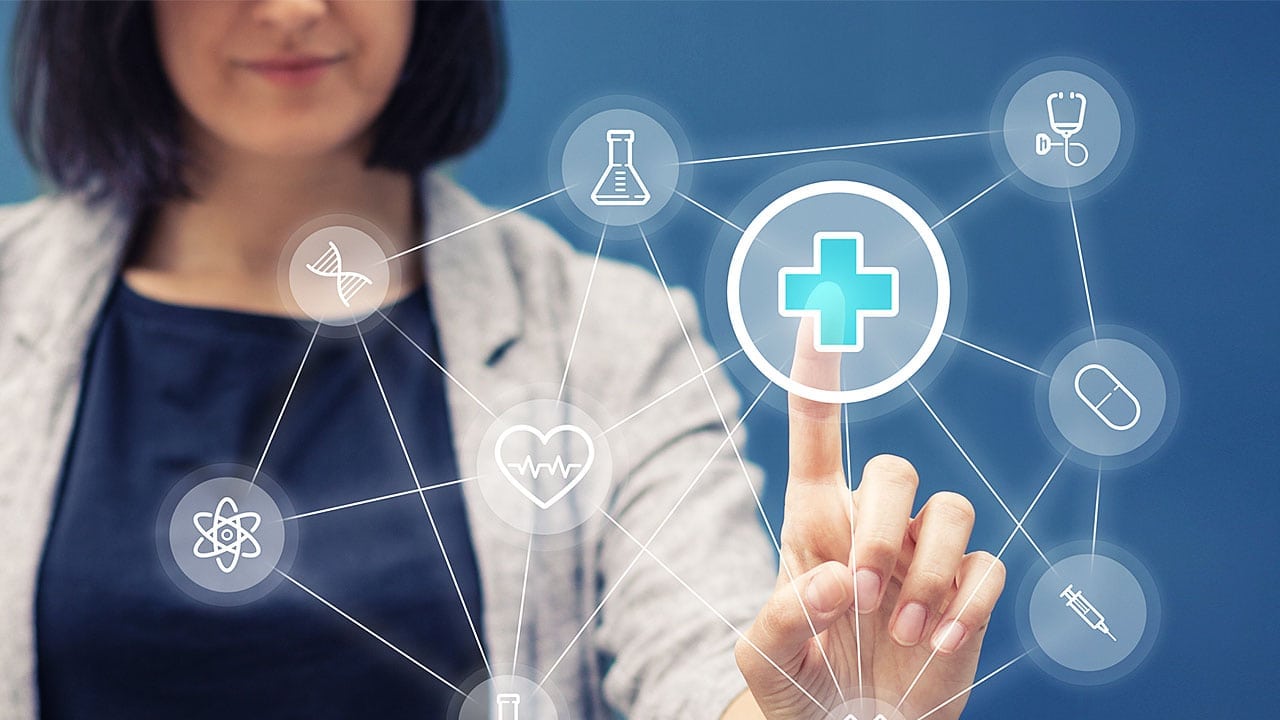The expansion of digital technology has the advantage of bringing both new and innovative solutions to nearly every industry, including healthcare and medical services. Due to a variety of factors, from clinic processing time to an aging population, health care providers are faced with increasing pressure to serve and address the medical needs of their communities. Here’s how digital therapeutics can help provide a solution, and why graduates may see it grow in popularity throughout their career.
What Is Digital Therapeutics?
As with any technological development, digital therapeutics is relatively new to its industry. It is generally defined as a consultation or intervention which provides behavioural therapy advice through a digitally-delivered medium. Digital therapeutics is part of a new concept known as “connected health”, which includes the digital methods for clinician-patient communication such as telehealth, video consultations, and text messaging.
For example, digital therapeutics could help a patient who has recently suffered a heart attack and received proper treatment in-hospital. Afterward, the attending doctor advises that the patient should increase their exercise or eat a healthier diet. The doctor then suggests they use a recommended app that will help schedule regular exercise, track cardiovascular health, or plan meals.
The primary benefit of digital therapeutics is that it offers readily accessible services for patients who cannot or don’t have to be physically present to receive quality medical advice, which lessens the strain on the patient, the medical provider, and the line in the waiting room. It also serves as a valuable tool for future graduates of healthcare training to stay in contact with patients and help with booking appointments.
What Students in Healthcare Courses Should Know
One of the important elements of many career college programs, but especially the healthcare environment, is a person to person communication, as well as communication impairments. There are many obstacles and disabilities which may make it difficult for a patient to enlist adequate and serviceable healthcare. Telehealth, or the use of a device to communicate across distance, is a significant resource for health care professionals to use when communicating with patients who reside in a rural or remote community and may not have easy access to healthcare.
How these technologies may eventually be used is still something to be investigated. It may be that graduates of healthcare courses might need to schedule a time for doctors to use for communicating with patients far away, or that text messaging options could help clients book appointments conveniently.

Digital therapeutics uses personalized apps and services to offer healthcare advice
The Future of Digital Therapeutics and Healthcare Providers
While the future of digital therapeutics offers plenty of room for innovation and creativity, there are, as with anything, certain limitations. At the present moment, digital therapeutics can be used to address lifestyle and behavioural factors that may influence chronic disease, as well as cognitive therapy to improve mental wellbeing.
There are also regulatory and ethical challenges if digital therapeutic solutions are offered to consumers without proper vetting. While time will tell how or even whether these options become part of modern healthcare, it does point to the exciting and ever-changing nature of this career path.
Do you want to complete training for a rewarding career?





